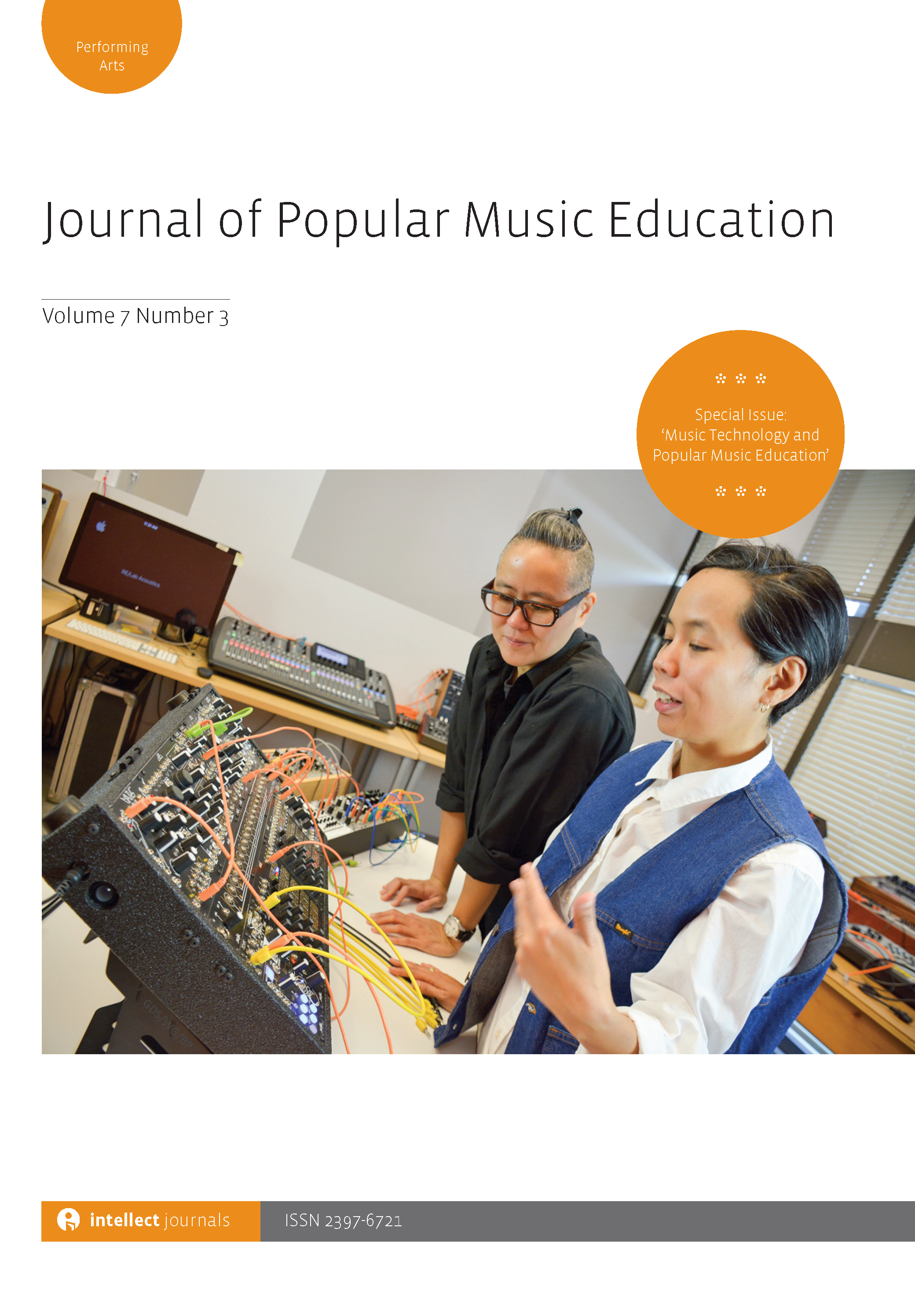-
f The power of popular music in China’s music education: From the Chinese dream and personal dreams to Confucianism
- Source: Journal of Popular Music Education, Volume 1, Issue 1, Mar 2017, p. 25 - 42
-
- 01 Mar 2017
Abstract
The ‘Chinese dream’, a term popularized by the Chinese socialist state and put forth by Chinese President Xi Jinping in 2013, refers to the collective aspiration of a great rejuvenation of the Chinese nation, as well as the personal dreams of its individual citizens to attain healthy, happy and productive lives. Attempts to integrate this vision into people’s thoughts have been made via Chinese propaganda songs broadcast through state-run media and textbook materials. The ‘core socialist values’ linked to the Chinese dream reflect the wish for all Chinese to have a better future through national rejuvenation. The current rise of Confucianism is a manifestation of cultural nationalism in education that has emerged from the growing political and economic power of China. In terms of soft power, transmitting select popular music through education and culture is one way to bring about harmony in the changing society of mainland China. With particular and sustained attention to the power of China’s popular music, this article examines how music education (with a particular selection of songs adopted for official propaganda and state-approved music textbooks) responds to the rule of the Communist Party of China and its attempts to consolidate power in a global age.


